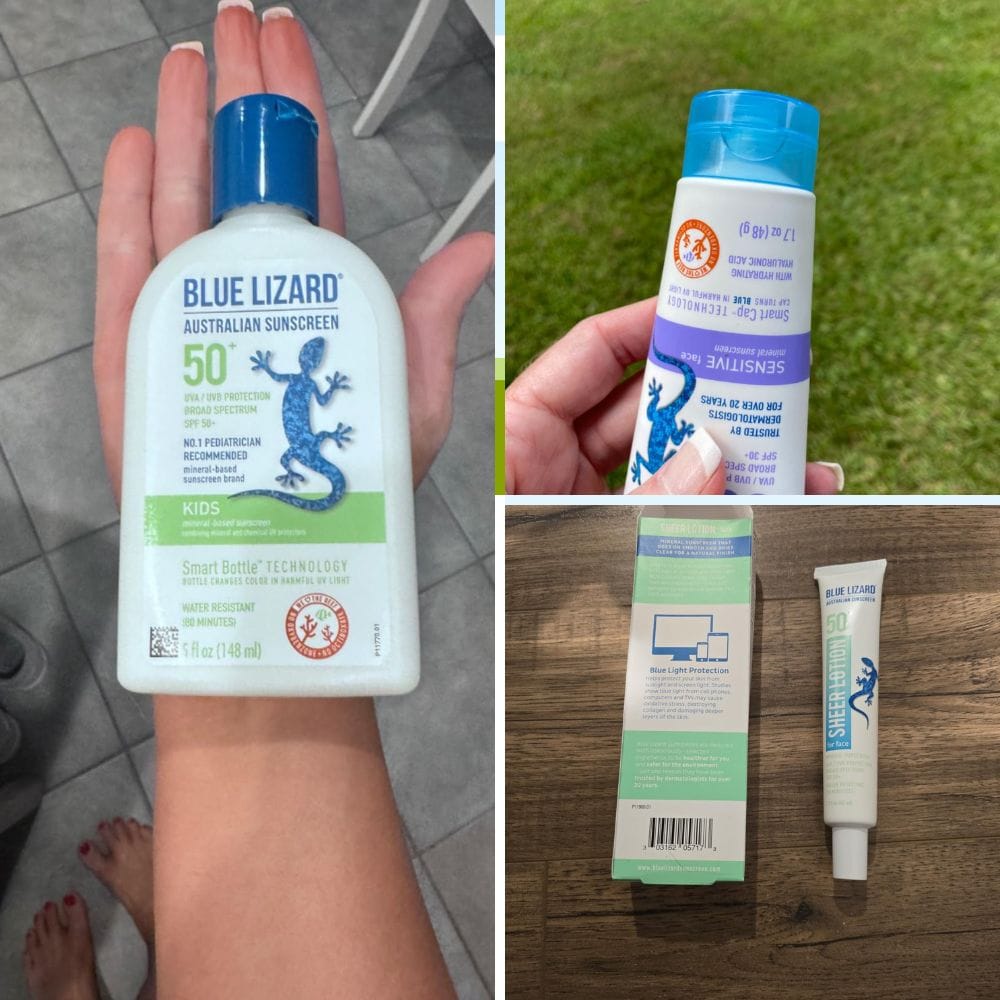Key Takeaways:
- Blue light exposure at night can harm your skin, leading to premature aging and dullness.
- Simple lifestyle changes and skincare routines can mitigate the effects of blue light.
- Embracing technology wisely can help maintain your skin's natural radiance.
Understanding Blue Light and Its Impact on Skin
Blue light, a high-energy visible light, is emitted by digital devices like smartphones, tablets, and computers. While it's a part of natural sunlight, our increased screen time has amplified our exposure, especially at night. This exposure can penetrate deeper into the skin compared to UV rays, potentially leading to oxidative stress and skin damage.
Research suggests that prolonged exposure to blue light can accelerate skin aging, causing wrinkles, loss of firmness, and uneven pigmentation. It's like inviting an uninvited guest to your skin's party, who overstays and leaves a mess. Protecting your skin from this digital intruder is crucial for maintaining a youthful glow.
The Science Behind Blue Light Damage

When blue light penetrates the skin, it generates free radicals, which are unstable molecules that damage skin cells. This process, known as oxidative stress, can break down collagen and elastin, the proteins responsible for skin's firmness and elasticity. Imagine your skin's support structure being slowly chipped away, leading to sagging and fine lines.
Moreover, blue light exposure can disrupt your circadian rhythm, affecting your sleep quality. Poor sleep can exacerbate skin issues, as nighttime is when your skin repairs itself. It's a vicious cycle where lack of sleep leads to more skin damage, and more skin damage leads to poorer sleep.
Recognizing the Signs of Blue Light Damage
Identifying blue light damage can be tricky, as it often mimics signs of natural aging. Look for increased dryness, fine lines, and a dull complexion. If your skin seems to have lost its luster despite a consistent skincare routine, blue light might be the culprit.
Additionally, if you notice hyperpigmentation or dark spots appearing more frequently, it could be a sign of blue light exposure. These spots are like unwanted graffiti on your skin's canvas, detracting from its natural beauty.
Simple Lifestyle Changes to Reduce Exposure

Reducing screen time, especially before bed, is one of the most effective ways to protect your skin. Consider setting a digital curfew, where you power down devices an hour before sleep. This not only helps your skin but also improves your overall sleep quality.
Another practical tip is to use blue light filters on your devices. Many smartphones and computers have built-in settings or apps that reduce blue light emission. It's like putting sunglasses on your devices, shielding your skin from harmful rays.
Incorporating Blue Light Protection in Skincare
Incorporating blue light protection into your skincare routine is essential. Look for products containing antioxidants like vitamin C and E, which neutralize free radicals. These ingredients act as your skin's bodyguards, defending against blue light damage.
Additionally, consider using moisturizers with blue light protection. These products create a barrier on your skin, much like a protective shield, preventing blue light from penetrating deeply. Regular use can help maintain your skin's natural glow and resilience.
The Role of Diet in Skin Protection

A diet rich in antioxidants can bolster your skin's defense against blue light. Foods like berries, nuts, and leafy greens are packed with nutrients that fight oxidative stress. Think of them as your skin's internal armor, fortifying it from the inside out.
Hydration is equally important. Drinking plenty of water helps flush out toxins and keeps your skin plump and healthy. It's like watering a plant; without enough moisture, your skin can become dry and brittle, making it more susceptible to damage.
Embracing Technology Wisely
While technology is a significant source of blue light, it can also be part of the solution. Consider using apps that remind you to take breaks from screens. These digital nudges can help reduce your overall exposure and give your eyes and skin a much-needed rest.
Investing in blue light blocking glasses is another smart move. These glasses filter out harmful rays, protecting not just your skin but also your eyes. It's a small investment for a big payoff in maintaining your skin's health.
The Importance of a Nighttime Skincare Routine

A dedicated nighttime skincare routine can work wonders in repairing blue light damage. Start with a gentle cleanser to remove impurities and follow up with a serum rich in antioxidants. This combination acts like a reset button for your skin, undoing the day's damage.
Finish with a nourishing night cream to lock in moisture and support your skin's natural repair process. Think of it as tucking your skin into bed, ensuring it wakes up refreshed and rejuvenated.
Real-Life Examples of Blue Light Protection
Consider the story of Sarah, a graphic designer who spent hours in front of her computer. She noticed her skin becoming dull and tired-looking. By reducing her screen time and incorporating blue light skincare products, she saw a significant improvement in her skin's texture and brightness.
Similarly, John, a night owl who loved late-night gaming, started using blue light blocking glasses and noticed fewer dark circles and a more even skin tone. These real-life examples highlight the effectiveness of simple changes in combating blue light damage.
Expert Tips for Maintaining a Healthy Glow

Dermatologists recommend regular exfoliation to remove dead skin cells and promote cell turnover. This process helps your skin better absorb protective ingredients, enhancing their effectiveness. It's like clearing the path for your skincare products to work their magic.
Additionally, don't underestimate the power of a good night's sleep. Prioritizing rest allows your skin to repair and regenerate, keeping it healthy and vibrant. Remember, beauty sleep isn't just a saying; it's a crucial part of your skincare regimen.


Can blue light exposure really age my skin?
Yes, blue light can penetrate deeper into the skin than UV rays, leading to oxidative stress and premature aging. It can cause wrinkles, loss of firmness, and uneven pigmentation.
Are there specific skincare products for blue light protection?
Absolutely! Look for products with antioxidants like vitamin C and E, as well as moisturizers with blue light protection. These ingredients help neutralize free radicals and create a barrier against blue light.
How can I reduce my blue light exposure at night?
Consider setting a digital curfew, using blue light filters on devices, and wearing blue light blocking glasses. These steps can significantly reduce your exposure and protect your skin.

Protecting your skin from blue light at night is essential for maintaining a healthy glow. By understanding the impact of blue light, making simple lifestyle changes, and incorporating protective skincare products, you can safeguard your skin against premature aging and damage. Embrace technology wisely and prioritize a balanced diet and good sleep to support your skin's natural resilience.











